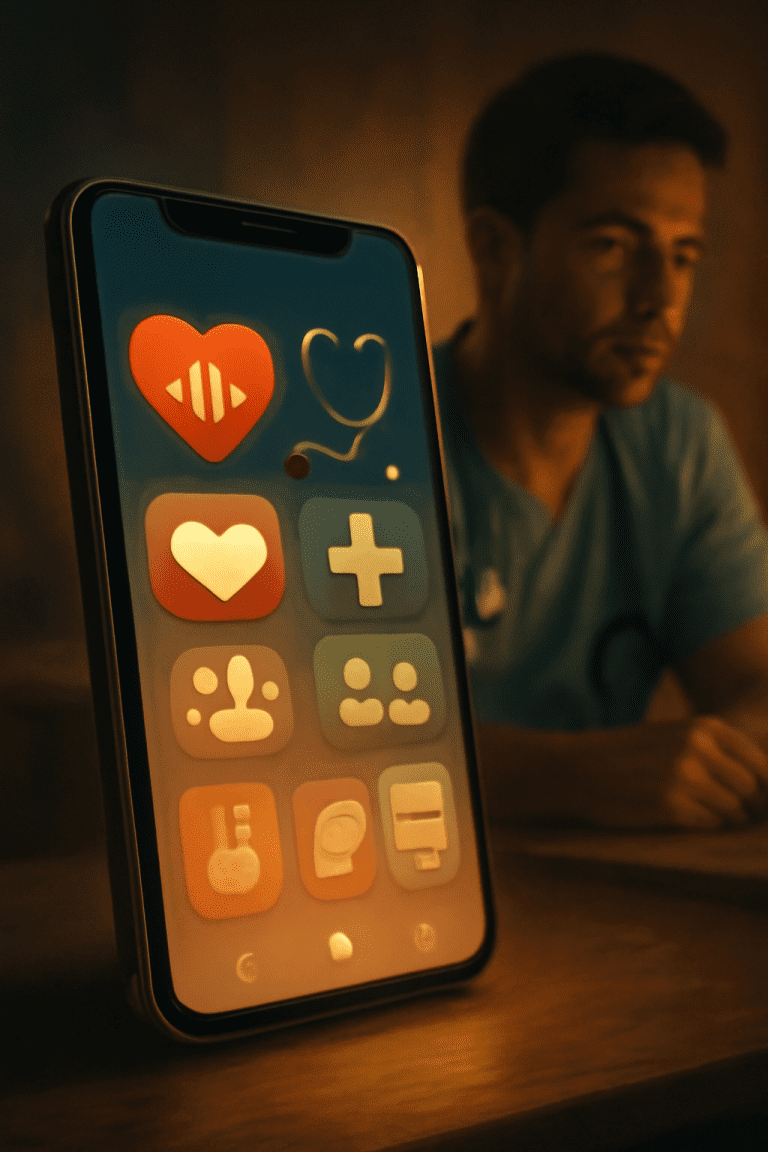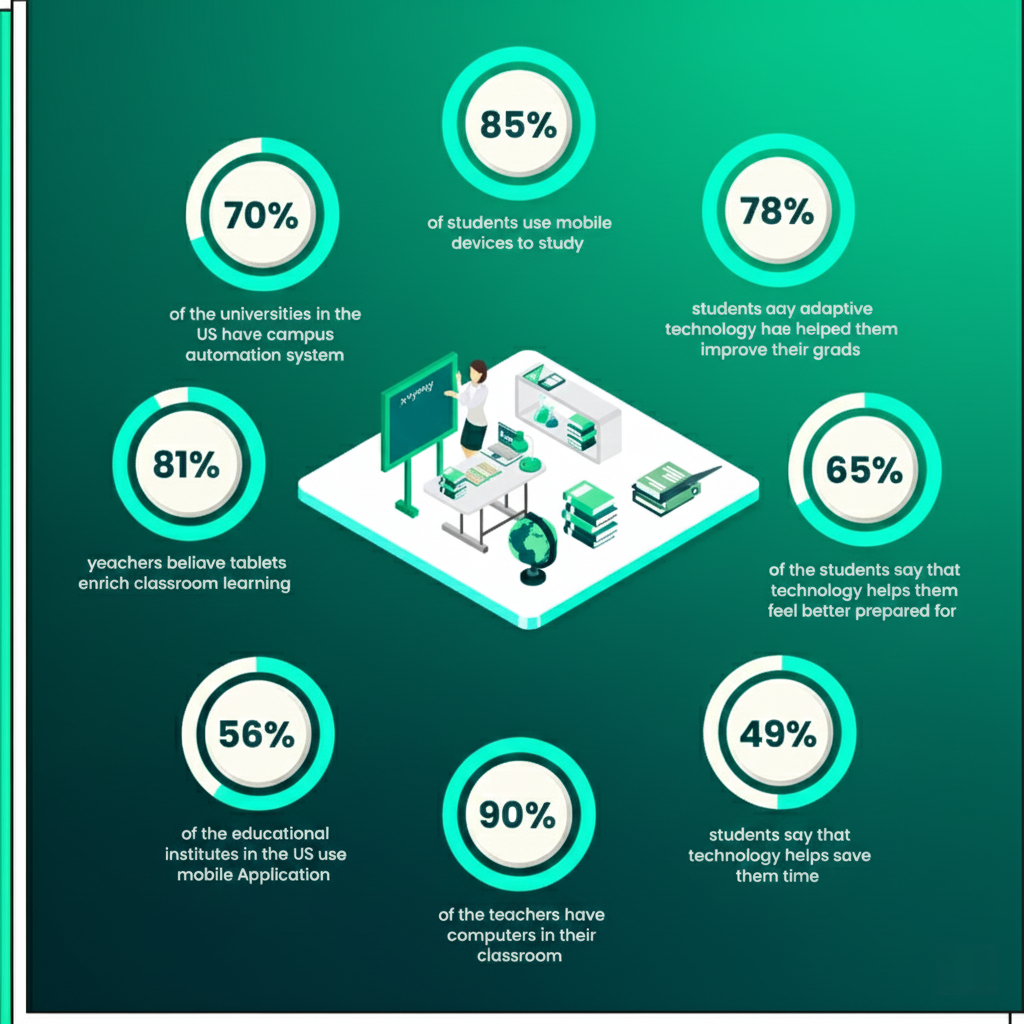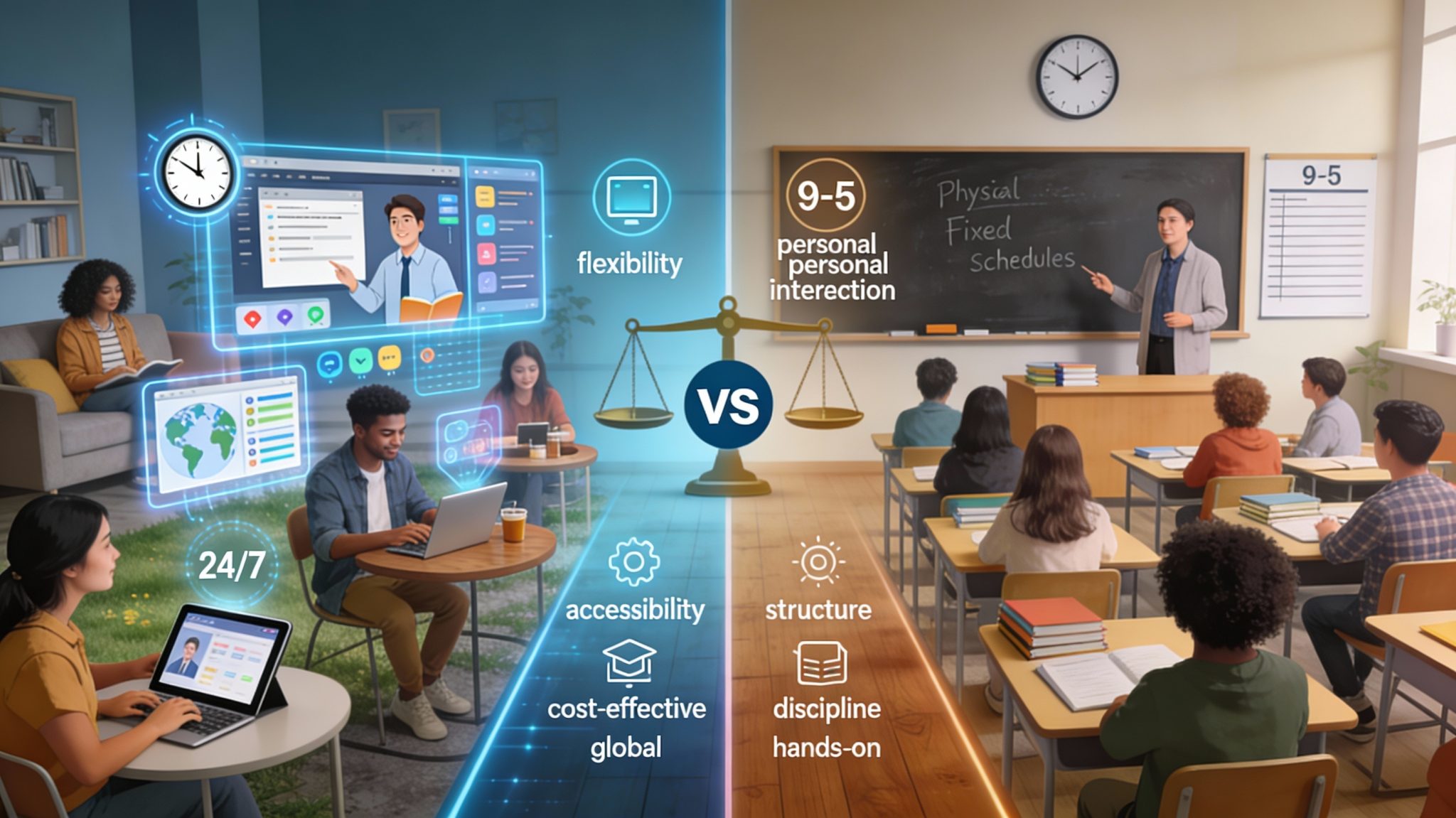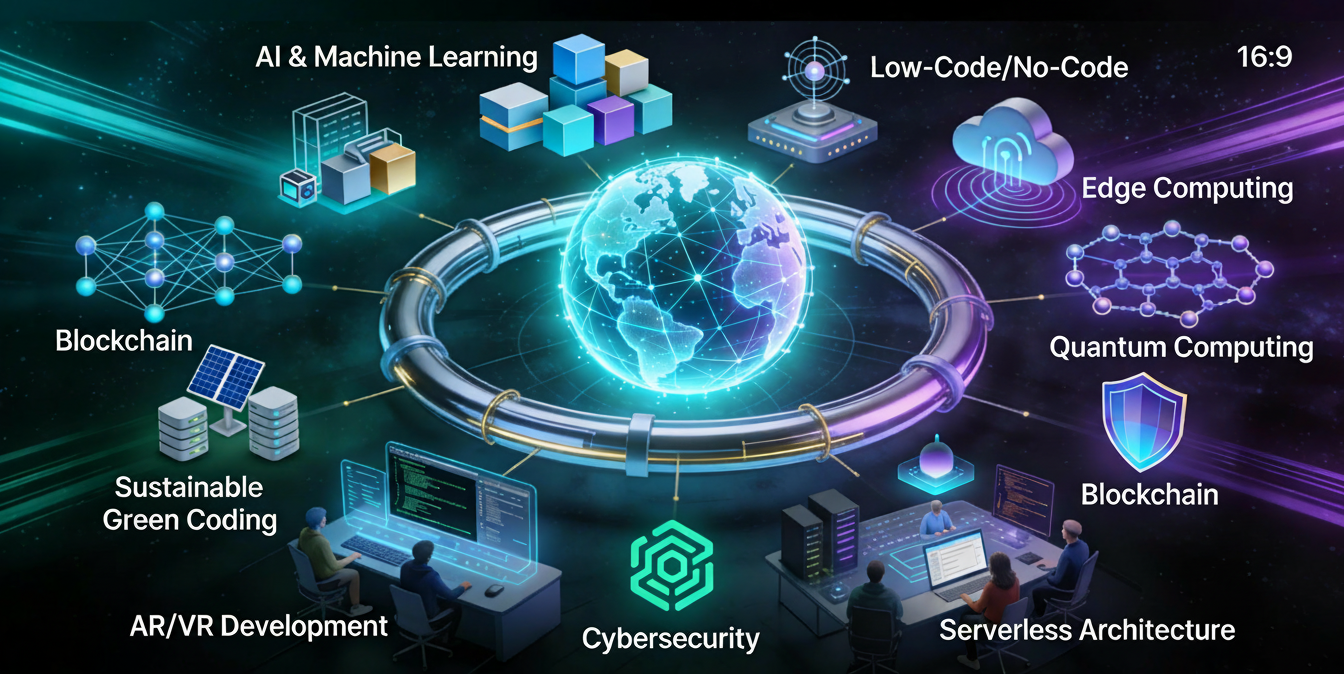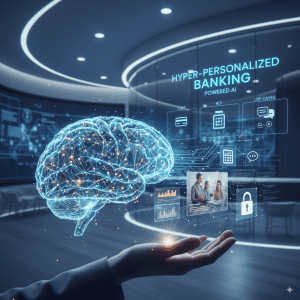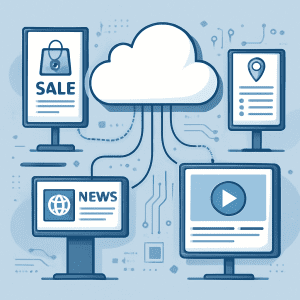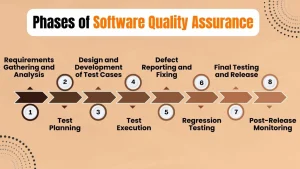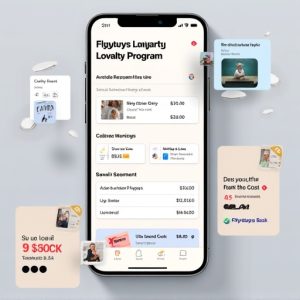Introduction
In the last few years, healthcare app development has rapidly gained momentum, revolutionizing how patients, doctors, and healthcare providers interact. From telemedicine platforms to AI-powered diagnostics, healthcare apps today have become an integral part of ensuring efficient care delivery and personalized experiences. The healthcare industry is projected to surpass $660 billion in digital health spending by 2025, with mobile apps leading the wave.
If you’re a healthcare entrepreneur, CTO, or digital transformation leader, understanding the essential factors in healthcare app development is critical. Whether it’s compliance, security, adopting AI, or ensuring seamless user experiences, the right approach can determine your app’s success.
👉 In this blog, we’ll cover the 4 most important things you should know about developing a healthcare app, along with strategies, technologies, and industry best practices.
1. Regulatory Compliance and Data Security in Healthcare Apps
Healthcare apps aren’t like normal mobile applications—they deal with highly sensitive patient data. Ensuring compliance with industry regulations is vital to protect user trust and avoid legal issues.
Key Compliance Standards:
-
HIPAA (USA) – Protects patient data and privacy.
-
GDPR (Europe) – Ensures secure handling of personal data.
-
ISO 27001 & HL7 Standards – Define best practices for data exchange and information security.
-
Indian PDP Bill (India) – Aligns with data privacy rules.
Why Data Security Matters:
-
Over 81% of healthcare organizations have experienced cyberattacks.
-
Breaches cost the healthcare industry $10.93 million per incident (IBM, 2024).
Best Practices for Security:
-
Data Encryption – Protect data in transit and at rest.
-
Multi-Factor Authentication (MFA) – Prevent unauthorized access.
-
Cloud Security – Use trusted cloud providers like AWS and Azure (see TechOTD AI services).
-
Compliance-First Development – Integrate compliance rules early in the design (see how we work).
💡 Pro Tip: Always include compliance audits during app development milestones.
2. AI and Emerging Technologies Transforming Healthcare Apps
AI is changing the face of healthcare mobile app development. From predictive analytics to computer vision in radiology, AI ensures better outcomes while reducing costs.
Examples of AI in Healthcare Apps:
-
Predictive Analytics: For early disease detection (learn more in predictive analytics software guide).
-
Natural Language Processing (NLP): Enables medical chatbots and intelligent diagnosis tools.
-
Generative AI: Assists doctors in generating reports and analyzing patient histories.
-
IoT & Wearables: Collect real-time health data to integrate with hospital systems (IoT in telecom blog).
-
Blockchain: Used in healthcare to secure patient data (see blockchain in Dubai business processes blog).
Benefits of AI in Healthcare Apps:
✔️ Faster diagnosis and treatment
✔️ Enhanced patient engagement through personalized care
✔️ Reduced operational costs
✔️ Data-driven insights for doctors and providers
3. User-Centric Design and Seamless Experience
No matter how advanced your healthcare app is, if it’s not easy to use, adoption rates will remain low. Both patients and doctors need a frictionless experience.
Key Aspects of User Experience (UX) in Healthcare Apps:
-
Intuitive Design: Clear navigation, easy access to reports, and minimal clicks.
-
Accessibility: Voice commands, large fonts, and screen readers for differently-abled users.
-
Telemedicine Integration: Smooth video conferencing with stable connectivity.
-
Data Visualization: Simple dashboards for patients and analytics (powered by tools like Tableau and Grafana—as highlighted in AI services).
📌 Fun Fact: 77% of users uninstall an app within three days if UX is poor.
💡 Pro Tip: Conduct usability testing with real doctors and patients before full-scale deployment.
4. Cost, Scalability, and Long-Term Maintenance
Building a healthcare app is not just about the initial launch—it’s a long-term journey.
Factors Affecting Healthcare App Development Cost:
-
App Type (patient app, doctor app, telemedicine, pharmacy solutions, etc.)
-
Tech Stack (native apps in Swift vs React Native)
-
AI Features Integration (predictive models, chatbots, computer vision).
-
Security & Compliance Measures.
Average Development Cost in 2025:
-
Basic healthcare app: $40K – $60K
-
Mid-level with AI: $80K – $150K
-
Enterprise-grade with full features: $200K+
Scalability Considerations:
-
Support cloud migration with Kubernetes & DevOps integration (TechOTD platforms).
-
Ensure modular architecture for feature upgrades.
-
Invest in ongoing support & maintenance (see service page).
Key Points Summary Table
| Factor | Why It’s Important | Best Practices / Solutions |
|---|---|---|
| Regulatory Compliance | Legal + patient trust | HIPAA, GDPR compliance, audit trails, secure cloud integration |
| AI & Emerging Tech | Efficiency + innovation | Predictive analytics, NLP chatbots, IoT devices, blockchain for secure records |
| User Experience | Adoption & retention | Simple UI, telemedicine features, accessibility, dashboard visualization |
| Cost & Scalability | Long-term ROI | Proper budgeting, modular app design, DevOps + cloud for scalability, maintenance contracts |
Conclusion
Healthcare app development is reshaping global health delivery systems. But success lies in balancing compliance, innovation, patient experience, and scalability. By embracing AI, predictive analytics, robust cloud systems, and secure data handling, businesses can unlock innovative healthcare solutions.
If you are planning to develop a healthcare app, partnering with experts like TechOTD can help ensure compliance, efficiency, and future-ready features.
📢 Call-to-Action (CTA): Ready to build a secure, AI-powered healthcare app? Book a free consultation with our experts today to kickstart your journey.
Frequently Asked Questions (FAQ)
1. How long does it take to develop a healthcare app?
It usually takes 4–8 months depending on app complexity, integrations, and compliance requirements.
2. Which technologies are best for healthcare app development?
Popular frameworks include Swift, React Native, Python, TensorFlow, and Kubernetes. AI and IoT integrations are also widely used.
3. How can AI improve healthcare apps?
AI improves diagnosis, patient engagement, and predictive healthcare insights while lowering costs.
4. Do healthcare apps need to comply with HIPAA or GDPR?
Yes. Compliance is essential to ensure data security, avoid penalties, and maintain patient trust.
5. What is the average cost of developing a healthcare app in 2025?
Between $60K and $200K+, depending on complexity, features, and compliance level.
